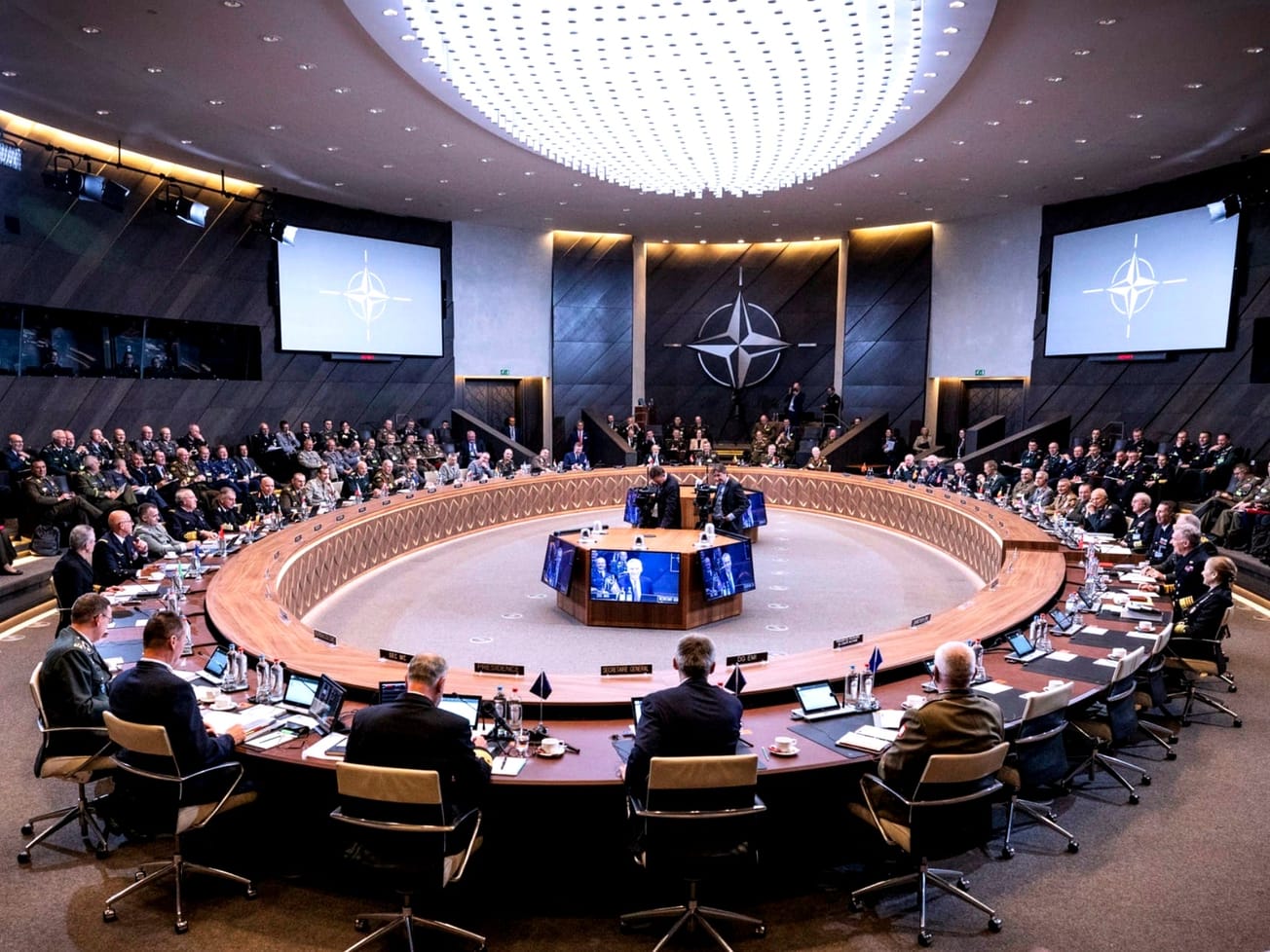BRUSSELS (AN) — NATO's next secretary general will be the outgoing Dutch prime minister Mark Rutte, after he gained the backing of all 32 members of the military alliance.
Romanian President Klaus Iohannis withdrew from the race on Thursday, leaving Rutte as the sole candidate to head the world’s biggest military organization. Iohannis said he notified NATO allies about the withdrawal of his candidacy.









